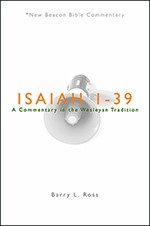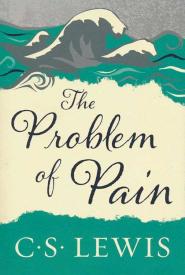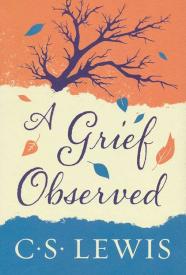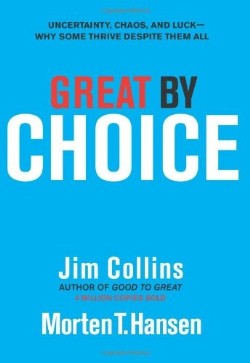Isaiah 1-39 : A Commentary In The Wesleyan Tradition
$32.99
Prominent in both Judaism and Christianity, Isaiah is a book about redemption. Consisting of two parts, the first of which being the subject of this commentary, Isaiah s overall message tells of God s redemptive plan for all history, not just that of Israel. It is a book that strikes heavily on the thematic notes of God s holiness, his saving acts, his sovereignty, and his lordship over all nations.
Exploring this formidable prophetic book in its canonical entirety is just one of several outstanding features of this commentary. As with other NBBCs this volume probes the issues of authorship, historical background, theology, and application. The author, Barry L. Ross, has continued the high standard of scholarship present in all New Beacon Bible Commentaries.
Engaging, perceptive, and academically thorough, the New Beacon Bible Commentary will expand your understanding and deepen your appreciation of the meaning and message of each book of the Bible.
Written from the Wesleyan theological perspective, this indispensable commentary provides pastors, professional scholars, teachers, and Bible students with a critical, relevant, and inspiring interpretation of the Word of God in the 21st century.
in stock within 3-5 days of online purchase
SKU (ISBN): 9780834135468
ISBN10: 0834135469
Barry Ross
Binding: Trade Paper
Published: April 2016
New Beacon Bible Commentary
Publisher: The Foundry Publishing – formerly Beacon Hill Pres
Related products
-
Problem Of Pain
$17.99Add to cartFor centuries Christians have been tormented by one question above all — If God is good and all-powerful, why does he allow his creatures to suffer pain? C. S. Lewis sets out to disentangle this knotty issue but wisely adds that in the end no intellectual solution can dispense with the necessity for patience and courage.
-
Grief Observed
$15.99Add to cartWritten by C. S. Lewis with love and humility, this brief but poignant volume was first published in 1961 and courageously encounters the anger and heart-break that followed the death of his wife, an American-born poet, Joy Davidman. Handwritten entries from notebooks that Lewis found in his home capture the doubt and anguish that we all face in times of great loss. He questions his beliefs in this graceful and poignant affirmation of faith in the face of senseless loss.
-
Great By Choice
$29.99Add to cartThe new question
Ten years after the worldwide bestseller Good to Great, Jim Collins returns with another groundbreaking work, this time to ask: Why do some companies thrive in uncertainty, even chaos, and others do not? Based on nine years of research, buttressed by rigorous analysis and infused with engaging stories, Collins and his colleague, Morten Hansen, enumerate the principles for building a truly great enterprise in unpredictable, tumultuous, and fast-moving times.The new study
Great by Choice distinguishes itself from Collins’s prior work by its focus not just on performance, but also on the type of unstable environments faced by leaders today.With a team of more than twenty researchers, Collins and Hansen studied companies that rose to greatness-beating their industry indexes by a minimum of ten times over fifteen years-in environments characterized by big forces and rapid shifts that leaders could not predict or control. The research team then contrasted these “10X companies” to a carefully selected set of comparison companies that failed to achieve greatness in similarly extreme environments.
The new findings
The study results were full of provocative surprises. Such as:The best leaders were not more risk taking, more visionary, and more creative than the comparisons; they were more disciplined, more empirical, and more paranoid.
Innovation by itself turns out not to be the trump card in a chaotic and uncertain world; more important is the ability to scale innovation, to blend creativity with discipline.
Following the belief that leading in a “fast world” always requires “fast decisions” and “fast action” is a good way to get killed.
The great companies changed less in reaction to a radically changing world than the comparison companies.
The authors challenge conventional wisdom with thought-provoking, sticky, and supremely practical concepts. They include: 10Xers; the 20 Mile March; Fire Bullets, Then Cannonballs; Leading above the Death Line; Zoom Out, Then Zoom In; and the SMaC Recipe.Finally, in the last chapter, Collins and Hansen present their most provocative and original analysis: defining, quantifying, and studying the role of luck. The great companies and the leaders who built them were not luckier than the comparisons, but they did get a higher Return on Luck.
This book is classic Collins: contrarian, data-driven, and uplifting. He and Hansen show convincingly that, even in a chaotic and uncer






Reviews
There are no reviews yet.